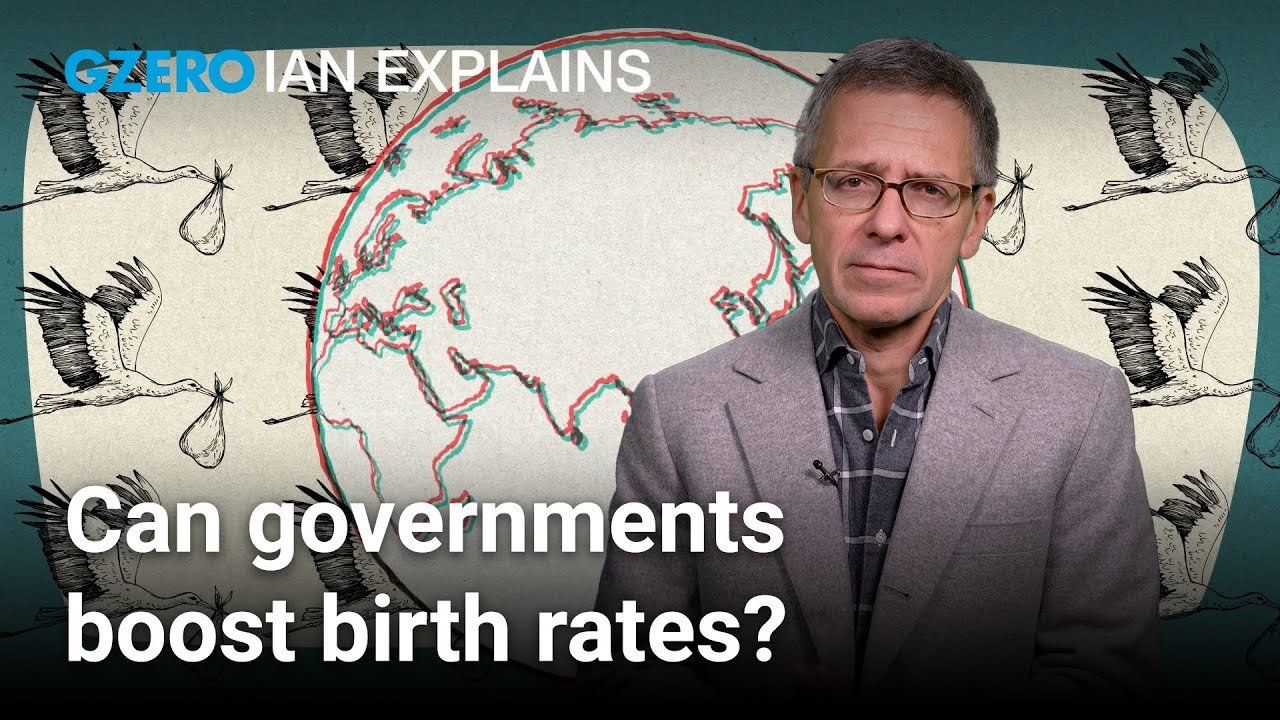40: As a Russian friend has reminded me many times, a look at Moscow won’t help you see Russia. While the capital is wearing its finest colors for the World Cup, infrastructure outside major Russian cities remains in decay. According to the country’s official statistics bureau, when Putin came to power in 2000 there were 68,100 schools. Today, there are just 41,100, a fall of nearly 40 percent. Since 2000, the number of hospitals has fallen from 10,700 to just 5,400.
38: According to a just-published survey, Europeans say immigration is the most important issue facing the EU, with 38 percent of mentions. (That’s up from just 14 percent in autumn 2017). This week’s migration controversy involving Italy and Spain, which we highlighted on Wednesday, and an ongoing policy dispute within Germany’s governing coalition suggest these issues will continue to generate heat in European politics.
113: During this election campaign season in Mexico, at least 113 candidates, prospective candidates, and current and former politicians have been murdered, according to Etellekt, a public policy consultancy. Hundreds of candidates have backed out of their races, and others still on the ballot refuse to campaign in public. Two more weeks until election day.
4: JD.com, a Chinese e-commerce firm, has built a Shanghai fulfillment center that can organize, pack, and ship 200,000 orders a day. The facility has four employees, all of whom are there to service robots.
93 million: Net inflows of foreign direct investment to North Korea amounted to just $93 million in 2016. Compare that number with $12 billion into South Korea. In other (possibly related) news, Swedish automaker Volvo still awaits payment for 1,000 sedans shipped to North Korea in the 1970s.
